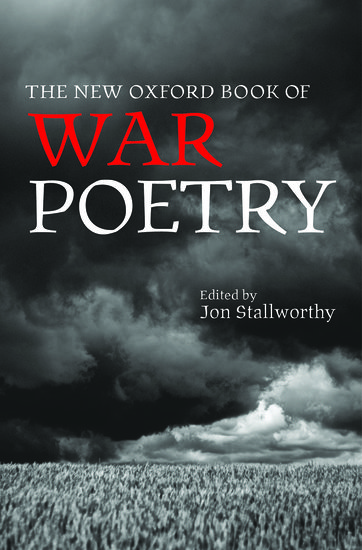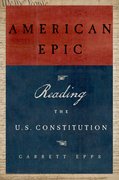Homer’s The Odyssey: challenges for the 21st century translator
Homeric word-order is unusually accommodating towards its English equivalent. Verbs usually come where you expect them, adjectives sit near their nouns. Compared to, say, the complex structures of a Pindaric ode, or the elliptical one-line exchanges of dramatic dialogue, Homer’s largely paratactic progression of ‘…and…but…when…then…’ presents his translator with few immediate problems.











